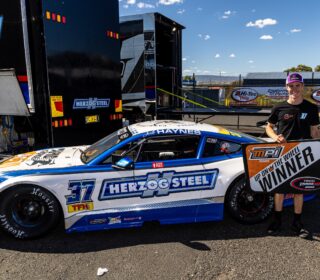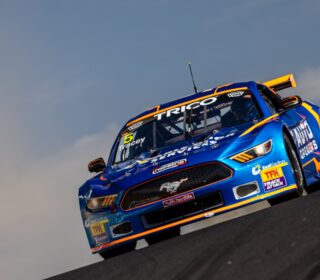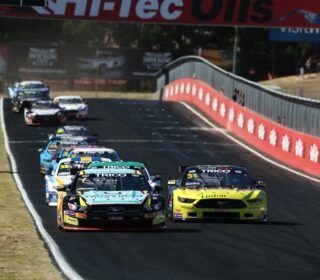OPINION: MEANINGLESS WORDS AND EXCUSES HIDE ADELAIDE’S DEMISE
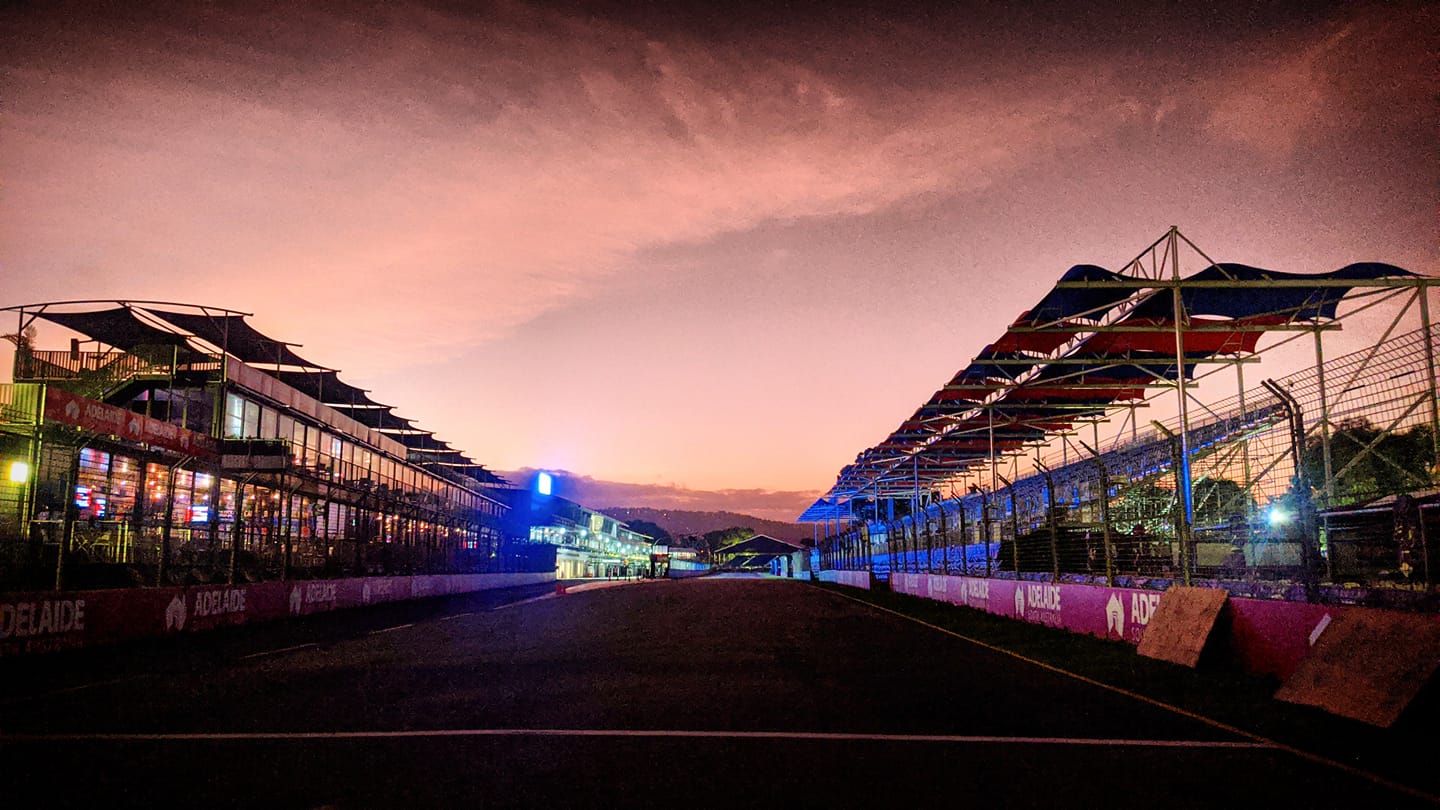
THERE WAS an air of unease around the South Australian motorsport community when, in 2015, the then-Government axed the SA Motorsport Board, incorporating the Adelaide 500 into the South Australian Tourism Commission’s slate of events.
WORDS AND LEAD IMAGE: Richard Craill
IMAGES: Frank Hodak
Most people on the motorsport side pondered whether it was a bad move, concerns that ‘event’ people, rather than ‘motorsport’ people, steering the ship it might head off course.
Others were more straight to the point: “They will f**k it in five years,” one long-serving, if slightly cynical member of the officiating team told me.
Turns out, they were right. Bang on the money.
The irony in the axing of the Adelaide 500 is that after a few challenging years filled with negative commentary and questions over the event’s future, it felt like things were turning a corner for what still remained Australia’s largest domestic motorsport event.
Covid-19 had forced a move to the end of the calendar rather than the beginning, finally delivering a date change that many vocal supporters of the event had been calling out for.
Rather than being buried within the enormous month-long party that is the Adelaide Fringe & Festival, the event would return to something of a ‘traditional’ November date where the Grand Prix was once entrenched.
Then news that the New South Wales Government had ceded its rights to host the final round of the Supercars Championship added another bonus; Where better to crown a champion than at the Adelaide 500?
Clean air and a chance to re-boot the event as a massive finale’ was going to be just the tonic.
Now, all that chat is meaningless.
It has long been known in local circles that the current Government are far from what could be defined as motorsport fans.
It’s also been a badly-kept secret that the only reason the event continued this long was because they didn’t really want to be the Government to kill it.. at least not before the next election, anyway.
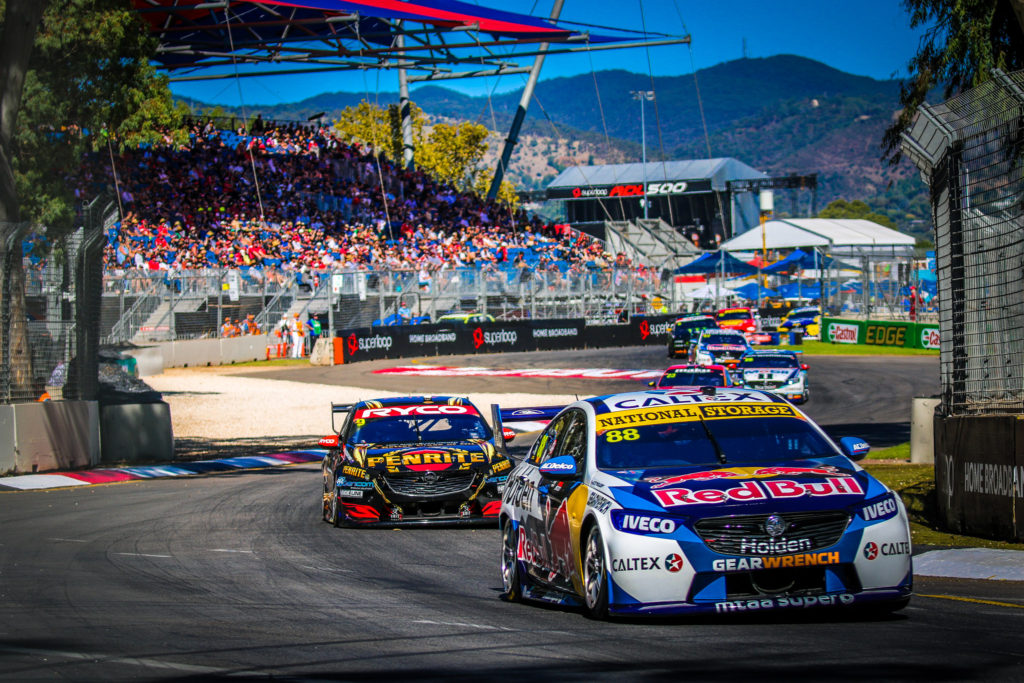
Fortunately for them, along came Covid-19 and the perfect excuse with which to drop the proverbial axe and probably get away with it.
The Premier couldn’t even make the announcement in person; after Channel 9 Adelaide scooped the story, a four-paragraph statement serving to put the knife into thirty-five years of almost continuous motorsport history and billions of dollars in tourism value emanating from Adelaide’s East End.
Platitudes in said statement of ‘continuing to invest in the major events space to create local jobs,’ and ‘remaining strong supporters of motorsports and will move swiftly to assess all options for motorsport future events’ are exactly that; merely empty words.
How wrong they are. And how badly, like much of the past five years, this was managed.
Using the Covid-19 pandemic was a logical excuse, of course, but it is also a cop out that smacks of being a well-timed out clause and nothing more.
Post-Covid economies, especially those in smaller states like South Australia, will need major events that bring people into the state and into the city to spend money.
Killing one of those exact things – that even at its lowest point brings 200,000 of them into the city centre in a four day period – is at best short-sighted and at worst a smack in the face to the state and the economy as it enters a rebuild mode that will dictate our future for years to come.
The anger towards the axing is as much for the loss of something iconic as it is the madness to remove something that delivers more than $45 million into the local economy each year for about a quarter of that in initial investment.
Where do they propose to find that kind of input now, in this day and age?
What’s more, comments in The Advertiser from SATC chief Rodney Harrex border on insulting to a paying public who have attended the event faithfully for 22 years.
“Due to the high level of uncertainty around the ability of the event to proceed in 2021, the likely impact on the event for both the consumer and commercial market, and the long-term decline in the core motorsport fan, a decision has been made that it will not be possible to hold the race next year, and to not seek a contract for future years,” he said.
Signaling a ‘long-term’ decline of the core motorsport fan is the biggest excuse yet; a fragile line of PR hyperbole attempting to mask inadequacies in the way the event has been managed by a Government who just didn’t get it.
People didn’t stop attending the Adelaide 500 because they stopped being interested in motorsport. Hell, half the people who went probably didn’t really care who won the Supercars races.
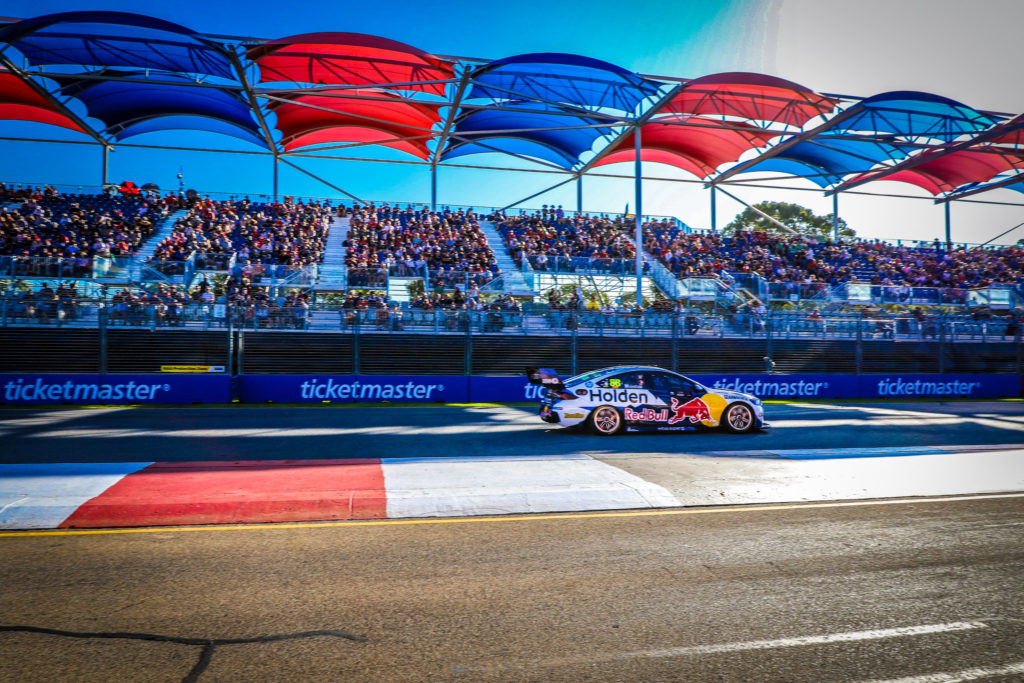
They stopped attending because it was becoming a stale, scaled-down yet somehow more expensive version of the event they were familiar with.
Losing the Adelaide 500 is a hammer blow to our sport and there’s no other way to look at it.
And I mean our Sport as a whole and not just Supercars, though it is a massive loss for that category at a time when they can least afford it.
Events like the Adelaide 500 are a shop window for a broader public who may not be aware of motorsport or at best may be indifferent to it.
How many people who have attended the ‘500 for a concert only to see some live Supercars for the first and thought ‘this is pretty cool?’.
How many have then gone on to buy tickets to The Bend, or Bathurst, or at least flick the TV on when they were next racing? I’d wager it adds up to more than a handful.
Some make the argument that street circuits are bad for the health of permanent circuits but I would argue the opposite; without the high-profile events that showcase the broad appeal of motorsport, Governments, sponsors and the like wouldn’t see the potential of the sport nearly as clearly – reducing the chances of them spending any money on events at a circuit far from a city centre and with far fewer people.
Events like the ‘500 are what many officials look forward to when they’re standing freezing at Mallala in the middle of winter, and keep them coming back year after year.
They are the catalyst for mainstream media attention in an increasingly challenging and hard to access media market.
They are enormous for the big brands, the Red Bulls, the Shells and many more who use major events to entertain guests and generate business in an incredible atmosphere.
They are also a centerpiece for support category competitors.
I would write a dozen sponsorship proposals each year for racers in categories like Carrera Cup, TCM or Super2 that cite the marketing, exposure and corporate benefits of attending the Adelaide 500 alone.
What do they do now? How do they draw their value for the hard to find and even harder to maintain sponsorship cash?
And finally, there are the fans and the people who work in the sport because of events like the Adelaide 500.
That event is not the sole reason I’ve been fortunate enough to carve out a career in the sport I love, but it is by far and away the biggest. The influence that event, and the Grand Prix before it, had on a younger version of R. Craill are what spurred me to chase the dream of working in the sport full time.
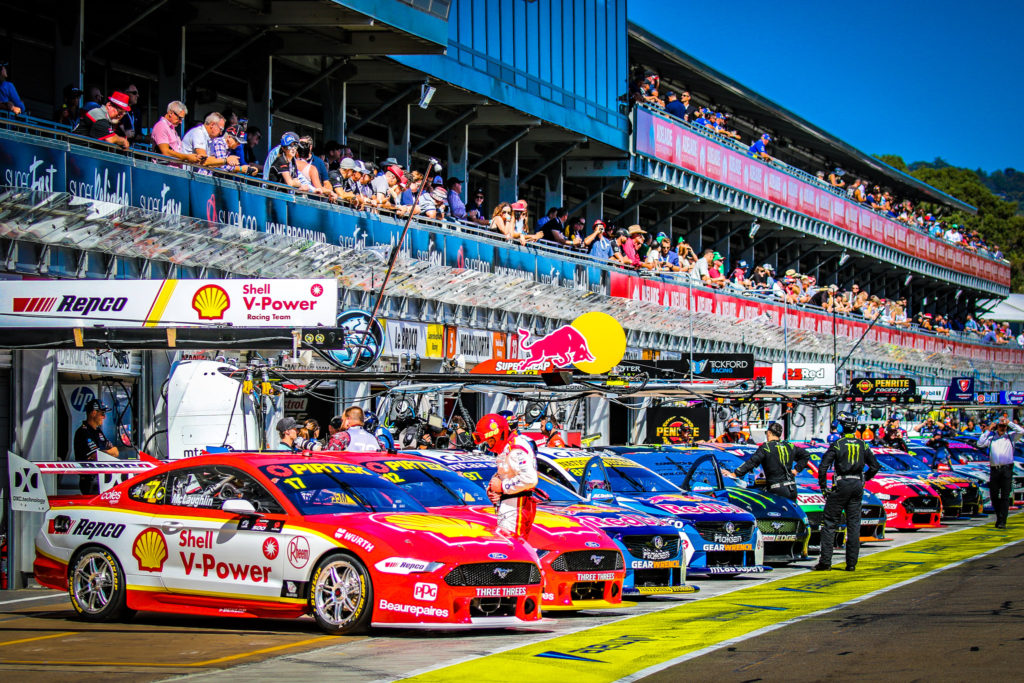
Opportunities that event generated just by existing, by being here in South Australia, opened doors for me to walk through to get to this point before I was even working at it.
Without the opportunity that the Adelaide 500 offered, I would not be here today.
The two proudest moments of my career so far were when I first called a race at Bathurst and then a year later when I first called at the Adelaide Street circuit, a place where I’d grown up aspiring to do exactly what I was actually doing.
Losing the Adelaide 500 and probably with it the iconic Adelaide Parklands Circuit is like taking a chunk of Australian Motorsport’s soul and throwing it in the bin.
The circuit has seen and experienced so much over its life, tragedy and triumph alike, and remained to this day not just one of the best ‘events’ on the calendar, but one of the best race tracks as well.
For many years a banner on the back of the main grandstand proudly declared ‘Welcome to the World’s Greatest Street Circuit.’
I still believe that to be true.
We’re glass-half full people here at The Race Torque, but there’s no sugar coating this one.
It’s a bad decision, poorly managed and made by people who do not understand what they had. It’s one that will significantly affect the sport.
The loss of the Adelaide 500 marks the end of a special era that has significantly shaped Australian Motorsport for decades and leaves a lasting legacy that goes way beyond the admittedly angry and frustrated words you’re reading here.
As a fiercely parochial South Australian, and a motorsport fan in general, yesterday’s news felt like a personal attack to the core of my motorsport being.
It’s going to take a while to get over this one.



